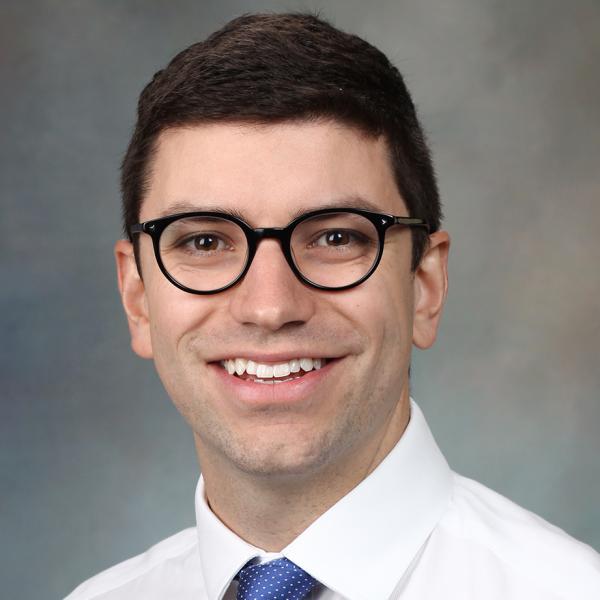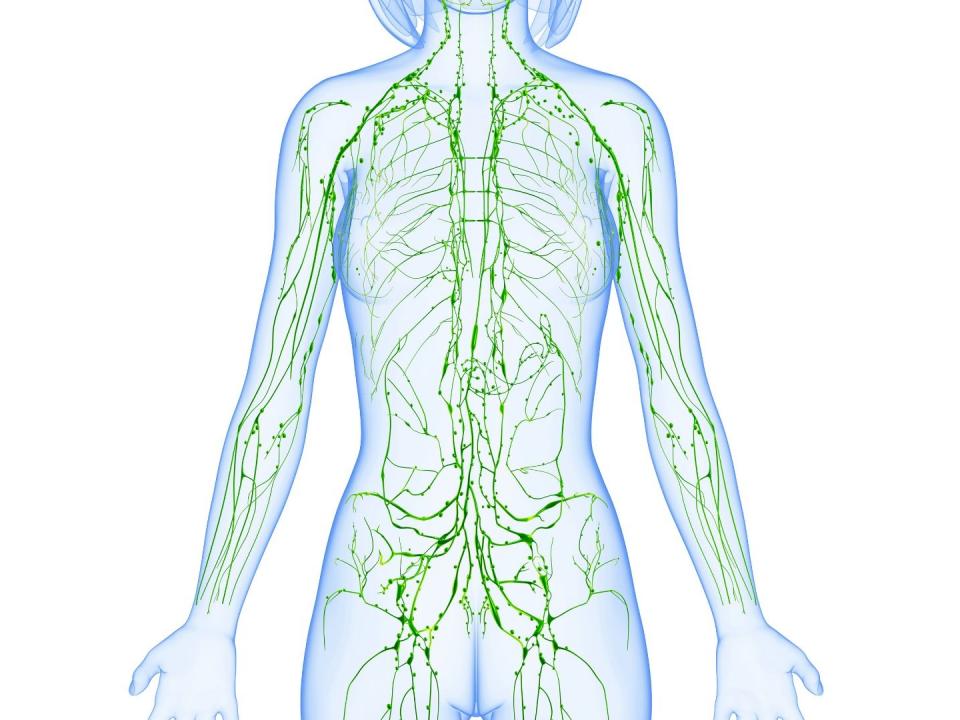
Lymphoma researcher Dr Daniel Angelov – ‘I saw these patients get sicker & sicker. I wanted to find something to help them’
It was a series of difficult conversations in a hospital consultation room that first prompted Dr Daniel Angelov to become involved in cancer research.
“After practicing in haemotology for the last four years, seeing patients in clinics has given me the opportunity to better understand the outcomes that matter most to them,” explains Dr Angelov, who was recently awarded a PhD scholarship by the Irish Cancer Society for a translational research project to help improve treatment of a rare and incurable form of cancer called follicular lymphoma, which affects the body’s lymphatic or ‘germ-fighting’ system.
“It’s great when we have good news to give them in terms of their follicular lymphoma, but very often I see the same patients coming back with side effects after multiple lines of treatment for recurrent disease.
“There are a few patients who really stick out in my head, and their experiences pushed me into the research path to try to improve the treatment of follicular lymphoma without resorting to conventional chemotherapy treatments that are often quite toxic in terms of their side effects.”
Rare cancers
Around 165 people are diagnosed with follicular lymphoma every year in Ireland, but with over 40,000 new cancer cases in this country each year Dr Angelov says rarer cancers can often be overlooked when it comes to research, something he is trying to address through his work.
It’s known as a ‘low-grade’ lymphoma, which just means that tumours can be slow-growing and mightn’t need treatment straight away.
However it can be tough for patients living with this condition and not being able to do anything about it, and once they do eventually need treatment the main option currently is chemotherapy drugs that were developed decades ago and that have serious side effects.
“What’s more, around one in five cases of follicular lymphoma carry a life expectancy of less than five years from diagnosis, and even after successful treatment the disease can often recur.”
New treatments
Building on a promising new drug that was approved by medical authorities in the US in 2020, Dr Angelov wants to develop treatments that target mutations in the EZH2 gene that contribute to a quarter of all follicular lymphoma cases.

In doing so he hopes to develop targeted treatments that can deliver more effective outcomes for patients that don’t come with harmful side effects, while also ensuring that the disease does not have an opportunity to return in later years.
As part of a dedication to putting patients, families, survivors, supporters, and the public at the very heart of Irish Cancer Society research, researchers are encouraged to include Public and Patient Involvement (PPI) in their projects and studies to ensure that research is meaningful and of benefit to those affected by cancer.
In this spirit, Dr Angelov is keen to ensure that the work from his PhD research on follicular lymphoma will be accessible to patients and the public through a webpage he is developing that offers straightforward information on the condition.
“Often people can understandably block out everything else they’re told once they receive bad news, so it would be good to have a place where they can look back whenever they’re ready and find out more information about follicular lymphoma, what it means and how it is treated.
“The project also involves a big PPI component, and this is one of the reasons I thought the Irish Cancer Society award was so interesting as I hadn’t come across this aspect of research before. It’s becoming a major component in research globally and I think it’s a brilliant idea.”
The work of Irish Cancer Society funded researchers is made possible through the kind support of the public.
To help support our cancer research please visit www.Cancer.ie/Donate
Contact the Irish Cancer Society Support Line
If you have worries or concerns about cancer, you can speak confidentially to an Irish Cancer Society Cancer Nurse through the Freephone Support Line on 1800 200 700.
Monday to Friday, 9.00am - 5.00pm

For more information
Phone
1800 200 700
